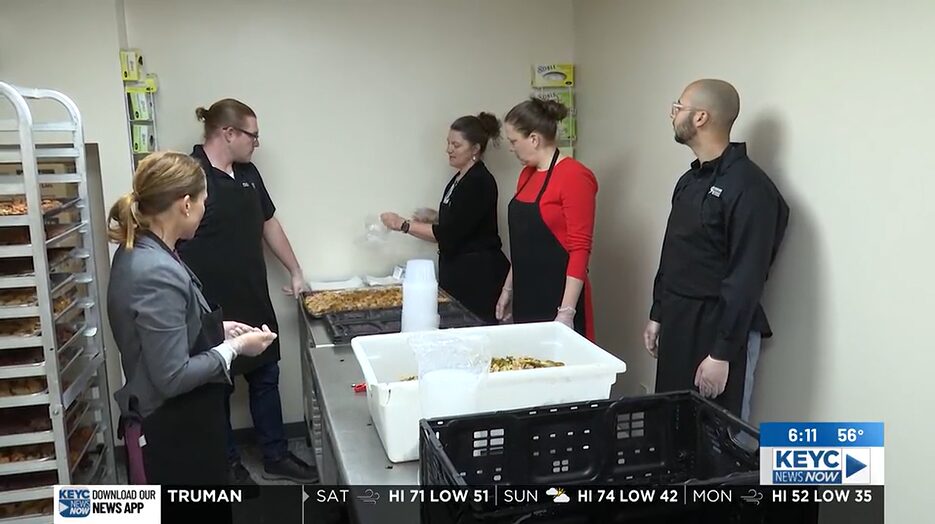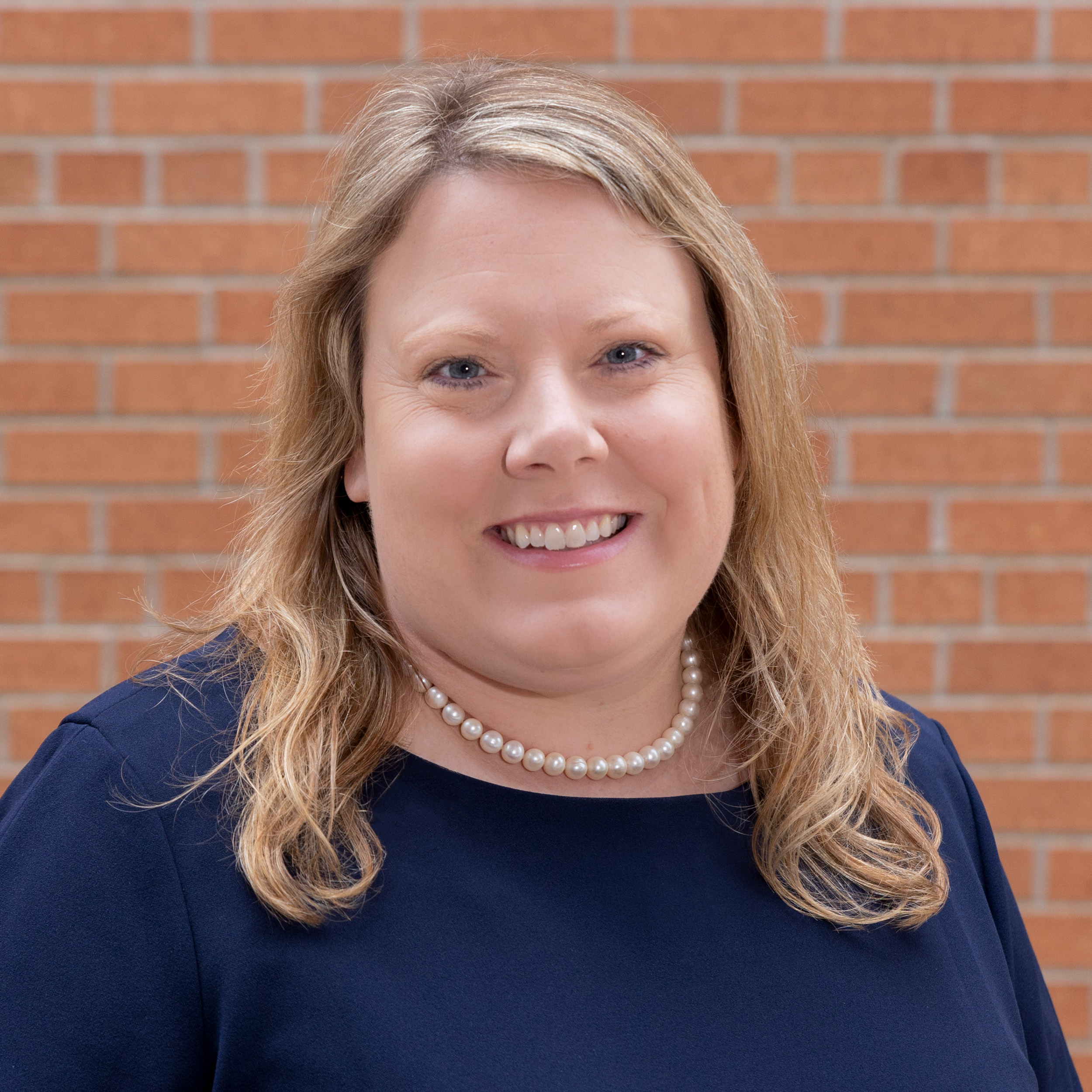Why Greater Minnesota interests have high hopes for the 2019 legislative session
in News/by Region NineWhen groups representing rural Minnesota interests released their wish lists for the 2019 legislative session, some of the items looked familiar: a boost in funding for the Local Government Aid program, proposals to generate housing, more money for broadband expansion.
Yet while the issues might not be new, some of the players at the Capitol are, including Gov.-elect Tim Walz, the former U.S. congressman from Mankato whose campaign theme – “One Minnesota” – heartened some rural leaders who have long felt left behind by the Twin Cities metropolitan region.
“I’m a ‘One Minnesota’ kind of guy, so I’m kind of optimistic,” said Dan Dorman, the executive director of the Greater Minnesota Partnership (GMNP), a collection of businesses, nonprofits and other groups. Dorman, a former Republican state lawmaker, said he was committed to supporting a gubernatorial candidate from Greater Minnesota – regardless of party. So, in the fall election, he filled in the oval next to the Democrat Walz’s name.
Much of the chatter at the fall convention of the Coalition of Greater Minnesota Cities (CGMC), held in Alexandria, centered on the possibilities of a Walz administration, said Bradley Peterson, the executive director of the organization, which represents about 90 cities. “Our members are pretty excited that there is going to be a rural governor,” he said. “That opens up, hopefully, some opportunities and brings some fresh perspective to the process here for the next four years.”
December E-Newsletter
in News, Newsletter/by Region NineRead about media highlights, funding opportunities, and more in the latest issue of Region Nine’s E-News!
Can child care shortage be fixed?
in News/by Region NineSomething rare happened at an event last week in Alexandria.
Two DFL leaders and two Republican leaders all agreed on something — Minnesota’s child care shortage is a big problem that should be a priority in the next legislative session.
The legislators talked about possible solutions at a panel discussion Thursday, Nov. 15, during the Coalition of Greater Minnesota Cities Fall Conference at Arrowwood Resort and Conference Center. The two-day event drew hundreds of city leaders from throughout the state.
Minnesota has a greater need for child care because it ranks third in the nation for having both parents in the workforce, said Sen. Kent Eken, DFL-Twin Valley. Adding to the complexity of the problem is that many workers have non-traditional work hours or have children with special needs, he added.
Another panelist, Rep. Joe Schomacker, R-Luverne, said the child care shortage is a statewide problem and solutions for metro and rural areas require different approaches.
November E-Newsletter
in News, Newsletter/by Region NineRead about upcoming events and workshops, media highlights, and more in the latest issue of Region Nine’s E-News!
Feasibility study to determine specifics of Czech Heritage Trail
in News/by Region NineIf plans fall into place, more than a common school district will connect Le Center, Montgomery and Lonsdale. A proposed biking/walking path will literally connect the three communities.
The concept for, the path, called the Czech Heritage Trail, came into being last year. Mark Preissing, while working as community education director for Tri-City United Schools, met with the three city administrators and applied for a Southern Minnesota Initiative Foundation (SMIF) grant to connect Le Center, Montgomery and Lonsdale. SMIF has funded a feasibility study with a $10,000 grant, and the estimated time of completion for the study is January 2019.
For the first time, members of all three communities attended a meeting to share their opinions on the trail’s development. At Hilltop Hall in Montgomery Wednesday, representatives from Hoisington Koegler Group and Region Nine Development Commission conducted the meeting and facilitated discussions.
Gabrielle Grinde, landscape architect for Hoisington Koegler Group, said the study requires looking at mapping options, casting an analysis and estimating construction costs.
“We’re anticipating this trail could be a 20-year master plan,” said Grinde.
October E-Newsletter
in News, Newsletter/by Region NineInnovation, funding opportunities, media highlights, and more in the latest issue of Region Nine’s E-News!
September E-Newsletter
in News, Newsletter/by Region NineCelebrating the MedTech Connect Release, grant opportunities, and more in the latest issue of Region Nine’s E-News!
August E-Newsletter
in News, Newsletter/by Region NineGrant opportunities, our Feast! Smart Start Program kick-off event and more in the latest issue of Region Nine’s E-News!
Latest Posts
 MPCA Speaks of Benefits of Reducing Food WasteApril 16, 2025 - 3:33 pm
MPCA Speaks of Benefits of Reducing Food WasteApril 16, 2025 - 3:33 pm RNDC Receives $100,000 Grant for Regional Effort to Rescue Surplus Food for Food ShelvesDecember 20, 2024 - 11:42 am
RNDC Receives $100,000 Grant for Regional Effort to Rescue Surplus Food for Food ShelvesDecember 20, 2024 - 11:42 am Beyer named deputy director for Region Nine Development CommissionDecember 20, 2024 - 10:48 am
Beyer named deputy director for Region Nine Development CommissionDecember 20, 2024 - 10:48 am
Contact Us
- 3 Civic Center Plaza, Suite 310
- Mankato, MN 56001
- (507) 387–5643
- Mon – Fri 8:00 – 4:30
Fridays from Memorial Day through Labor Day
we are open until 3:30.
The RNDC office is closed most major holidays. Please go to the Calendar for more information.
Our staff follows a hybrid schedule. Please call ahead or contact an RNDC staff member to schedule a meeting.
Join Our Newsletter
Categories
- Archive (3)
- Miscellaneous (5)
- News (148)
- Newsletter (96)
- RNDC Policies (3)

